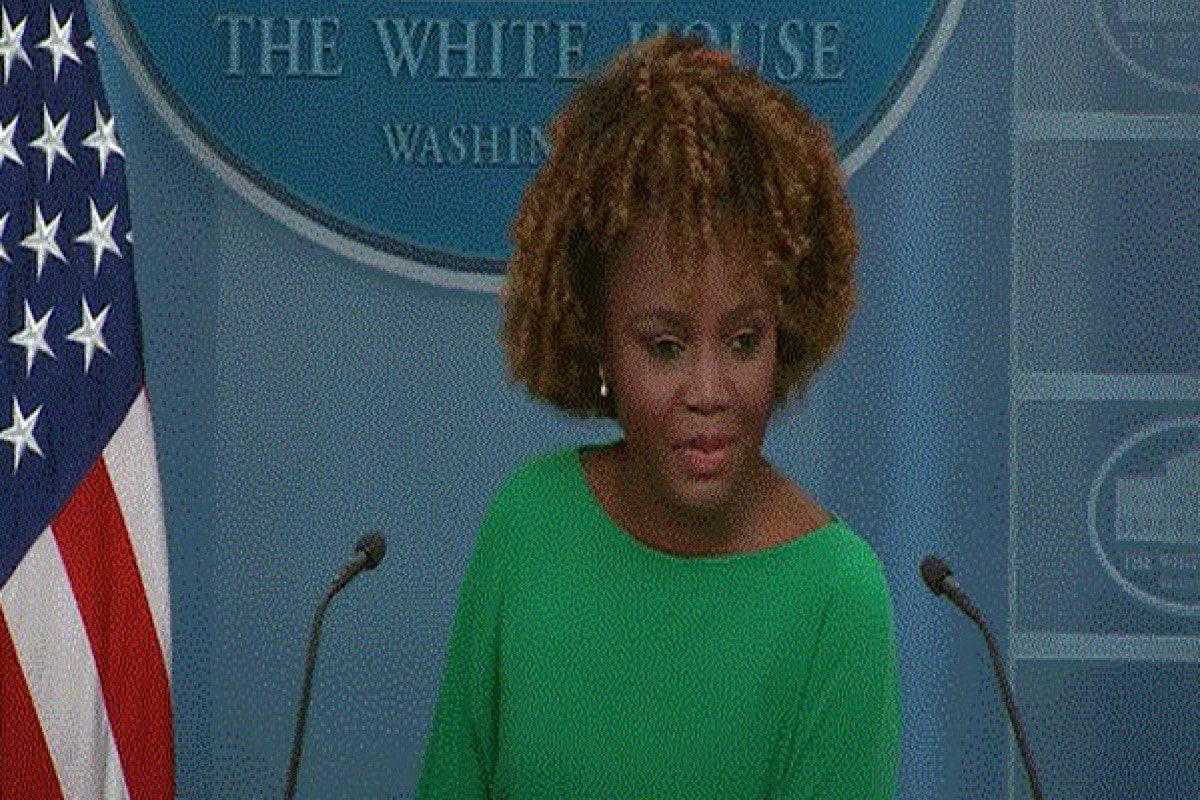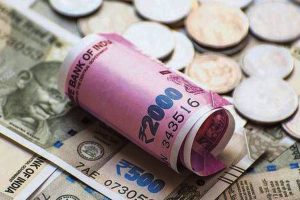The US has rejected the allegations of its government’s involvement in the Bangladesh crisis, including the protests in the country that led to the deaths of hundreds of people.
Refuting all the reports and rumours, the White House Press Secretary, Karine Jean Pierre, said in a media briefing on Monday (local time), “So, we have had no involvement at all. Any, reports or rumours that the United States government was involved in these, in these events is simply, simply false. That is not true.”
Advertisement
Jean Pierre also added that Bangladeshi people should determine the future of the Bangladeshi government.
“This is a choice for and by the Bangladeshi people. We believe that the Bangladeshi people should determine the future of the Bangladeshi government, and that’s where we stand. Any allegations, certainly we will continue to say, and what I have said here is simply untrue,” she said.
Meanwhile, speaking on the protests outside the White House against the recent attacks on Hindus in Bangladesh, the White House Press Secretary said that the US is going to continue monitoring the situation.
Jean Pierre said, “We are certainly going to continue monitoring the situation. I don’t have anything else to say or to add beyond that.”
“When it comes to any type of human rights issue here, the President has been very consistent in speaking loud and clear in public and also privately and he will continue to do that. But, I don’t have any specific engagement to speak to at this time,” she added.
Bangladesh is experiencing a fluid political situation, with Sheikh Hasina resigning from the post of Prime Minister on August 5 amid mounting protests. The protests, led mainly by students demanding an end to a quota system for government jobs, evolved into anti-government demonstrations.
A large number of people protested outside the White House in Washington on Friday last week against alleged violence targeting minority Hindus and others in Bangladesh since former Prime Minister Sheikh Hasina’s ouster.
Protesters carried American and Bangladeshi flags and held posters demanding that Bangladeshi minorities be “saved”. They chanted slogans of “We want justice” and called for peace amid the recent surge in violence.
The crowd, which included activists from various human rights organisations, members of the Bangladeshi diaspora and Indian-American Hindu allies, came from Washington, Maryland, Virginia, and New York.
Prime Minister Narendra Modi also called for the “safety and protection” of Hindus and other minorities in Bangladesh in a message on X on Thursday.
“My best wishes to Professor Muhammad Yunus on the assumption of his new responsibilities. We hope for an early return to normalcy, ensuring the safety and protection of Hindus and all other minority communities. India remains committed to working with Bangladesh to fulfill the shared aspirations of both our peoples for peace, security and development,” PM Modi said in a post on X.
Thousands of Bangladeshi Hindus have been fleeing to neighbouring India to escape the violence. Hindus, who make up about eight per cent of Bangladesh’s 170 million population, have traditionally supported Hasina’s Awami League party, which has faced backlash following violent clashes between anti-quota protesters and security forces last month.
Several US leaders, including Republican Congressman Pat Fallon and Congressman Raja Krishnamoorthi, have also spoken out against the alleged violence in Bangladesh.











